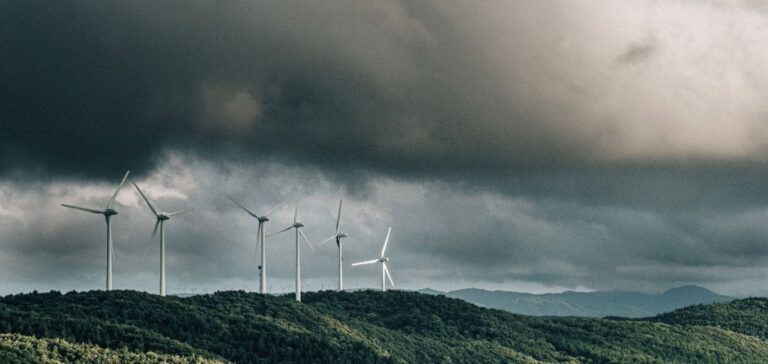Japan is reassessing its energy mix to reduce its dependence on fossil fuels, which currently account for about 70% of its electricity production. The government of Shigeru Ishiba has presented a plan that envisions the expansion of renewable energies and a reinforced role for nuclear power to meet the country’s growing energy demands.
An Energy Shift to Reduce Emissions
In its new Nationally Determined Contribution (NDC), Japan has committed to cutting its greenhouse gas emissions by 60% by 2035 compared to 2013. This new target surpasses the previous commitment of a 46% reduction by 2030. The transition is necessary as fossil fuel imports cost the country approximately $470 million per day, according to 2024 data from Japanese customs.
Faced with these challenges, the government aims to rebalance its energy mix by increasing the share of renewable energy and nuclear power while gradually phasing out thermal power plants.
Boosting Renewables and Nuclear Power
Japan aims to increase the share of renewable energy in its electricity mix to 40-50% by 2040, up from just 23% in 2023. Solar power is expected to account for 23-29%, wind energy between 4-8%, and hydropower between 8-10%.
At the same time, nuclear energy is being repositioned as a strategic pillar of Japan’s energy mix, with a target of 20% of total electricity production by 2040. After shutting down its nuclear reactors following the Fukushima disaster in 2011, the government has gradually restarted some of them and plans for all operational reactors to be active by 2040.
Gradual Reduction of Thermal Power Plants
Thermal power plants, which currently provide the majority of Japan’s electricity, are expected to decrease their share to 30-40% by 2040. This reduction relies on the expansion of renewable energy capacity and the improvement of energy infrastructure.
With this energy strategy overhaul, Japan seeks to balance emission reductions, supply stability, and adaptation to technological developments in the sector.






















